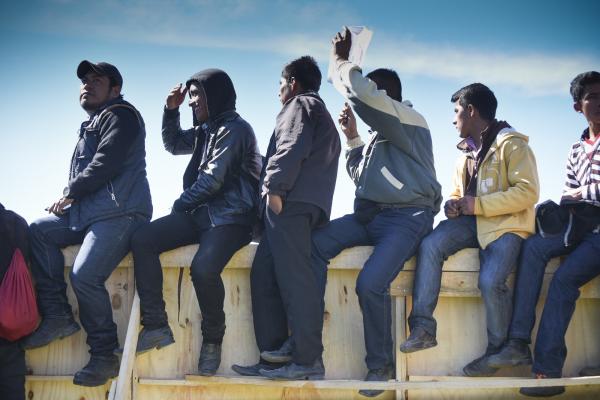Feb 18, 2016
The social mission of the Catholic Church can be reduced to the following: God became poor in Jesus Christ to save humanity, and we must do likewise. The social mission of the Catholic Church is about becoming poor for the poor. It communicates who God is, who Jesus is, who we’re called to be. For politics, it reverses things. It turns the world upside down.
Read the Full Article

Already a subscriber? Login
